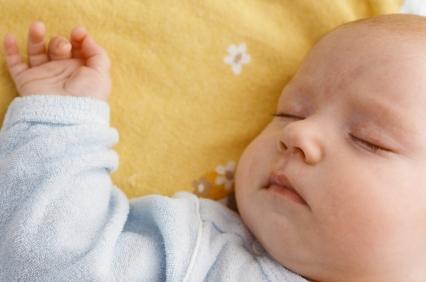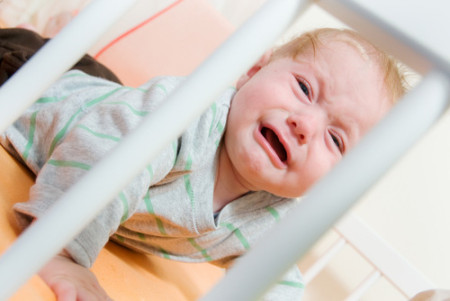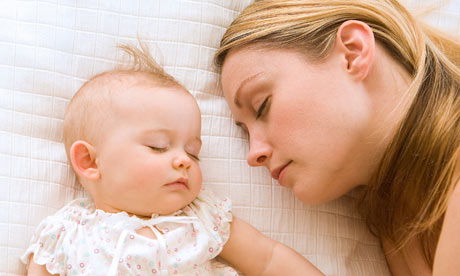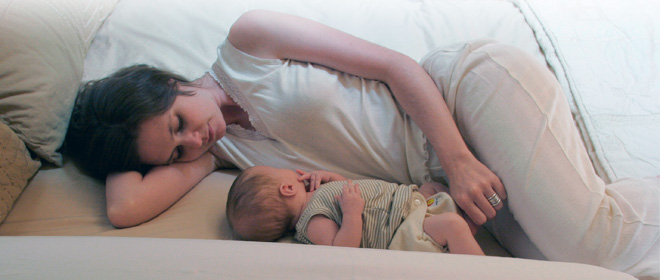Routines vs. Schedules
Oftentimes parents confuse routines and schedules and aren’t quite sure what is best for babe, despite there being a rather striking difference between them. So let’s review them both to see which is more biologically normal for your child…







